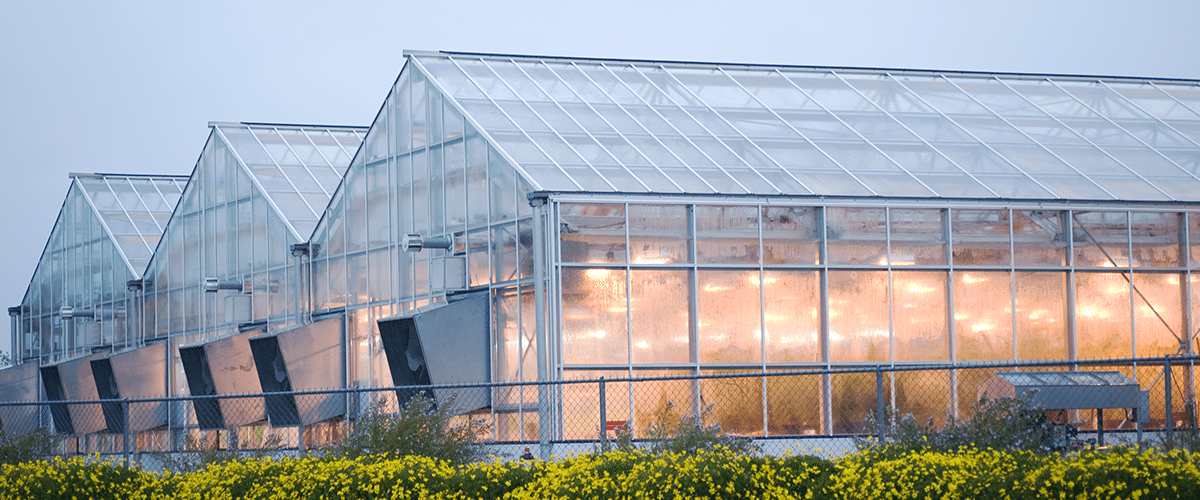[vc_row][vc_column][vc_column_text]
At least three institutions of higher learning in California will be offering classes on cannabis and its therapeutic properties in the coming months.
The University of California at Davis and Sonoma State University recently announced they would be offering cannabis-related college courses in the upcoming spring sessions.
The universities are the second and third in California to offer classes on the physiology of cannabis. Last month, the City College of San Francisco announced that it had plans to offer its own course, working closely with Oakland’s Oaksterdam University, the nation’s only cannabis-specific educational facility, which has been offering courses since 2007.
UC Davis’ three-unit undergraduate course, “Physiology of Cannabis,” is designed for students studying biological sciences. The class will cover the biology of cannabis and cannabinoids, as well as their underlying mechanisms and therapeutic values. The university will offer a more advanced class for medical students next year, and plans to eventually offer courses for the general public.
“This course is one of the few taught on an American college campus with a dedicated theme on the biology, physiology and medicinal effects of cannabis and cannabinoids,” said Yu-Fung Lin, associate professor of physiology and membrane biology at the UC Davis School of Medicine and instructor of the UC Davis course. “It is also the first course offered on the UC Davis campus, and likely within the entire UC system.”[/vc_column_text][/vc_column][/vc_row][vc_row][vc_column][vc_single_image image=”17365″ img_size=”1200×250″ onclick=”custom_link” img_link_target=”_blank” link=”https://www.medicalmarijuanainc.com/your-definitive-overview-on-medical-cannabis/”][/vc_column][/vc_row][vc_row][vc_column][vc_column_text]Sonoma State’s course on medical cannabis is designed for those in the healthcare industry and will consist of a one-day program in March. Medical marijuana has been legal in California since 1996, but new state regulations being implemented are forcing doctors and other health professionals to further educate themselves on the substance. The course, “Medical Cannabis: A Clinical Focus,” will cover the history of cannabis, as well as introduce cannabinoids and terpenes, dosing and administration, legal implications, and medical uses.
Sonoma State will be collaborating with United Patients Group (UGP), a nonprofit medical cannabis education and consulting group that provides conferences and private summits at universities, private summits, and medical and governmental institutions. UGP and Sonoma State are also currently planning a three-day course on regulatory cannabis issues.
Although cannabis remains classified as a Schedule I substance under federal law, 28 U.S. states and the District of Columbia have legalized marijuana for medical use, and eight of those states and the district have also legalized marijuana for recreational use. California voters just approved a recreational marijuana measure last November.
“The timing could not be better to give students the opportunity to have a profound understanding about the physiology and medical implications of cannabis use,” said Luis Fernando Santana, professor and chair of physiology and membrane biology at the UCD School of Medicine.
“We feel it is important at this moment to educate students about the physiology and medical indications of cannabis and cannabinoids,” Lin told The Cannabist.
Thousands of studies examining cannabis’ therapeutic properties have been conducted. You can learn more about what studies have so far discovered about cannabis visiting our education page.[/vc_column_text][/vc_column][/vc_row]






